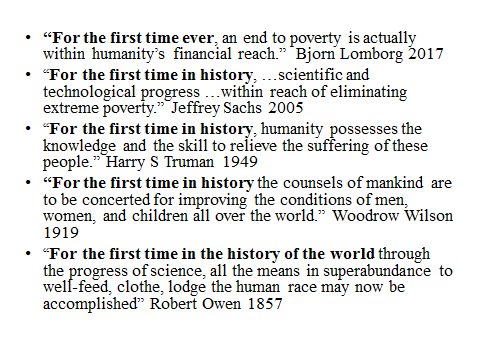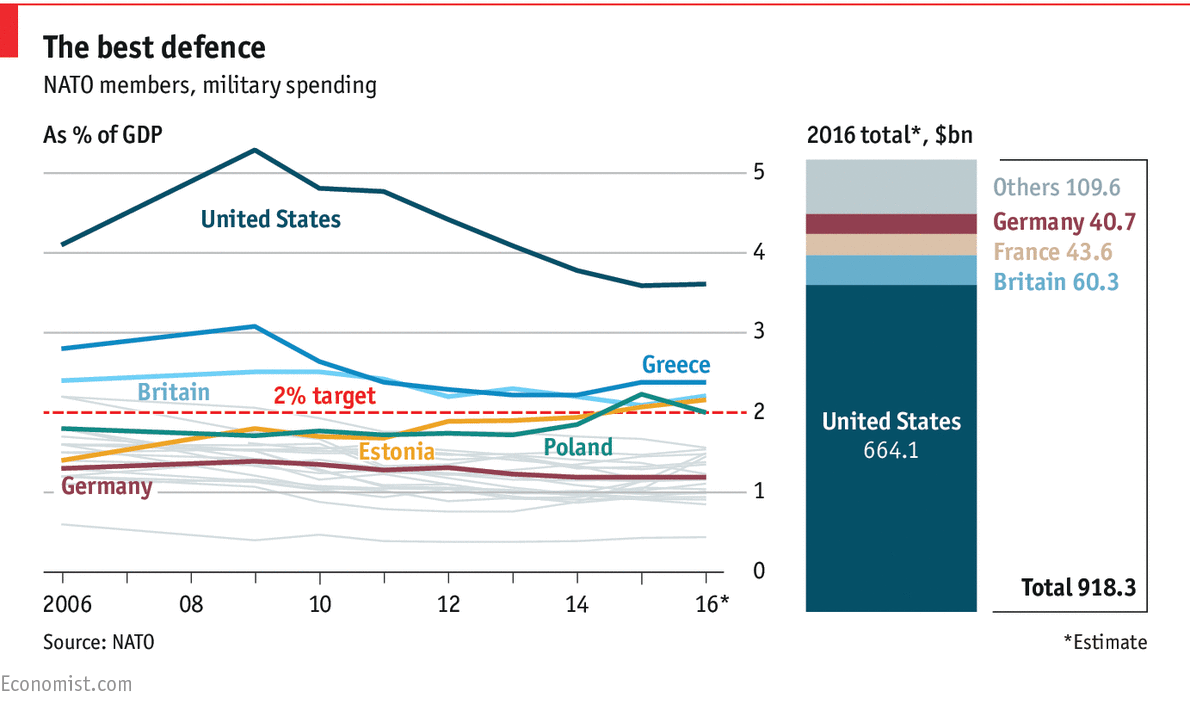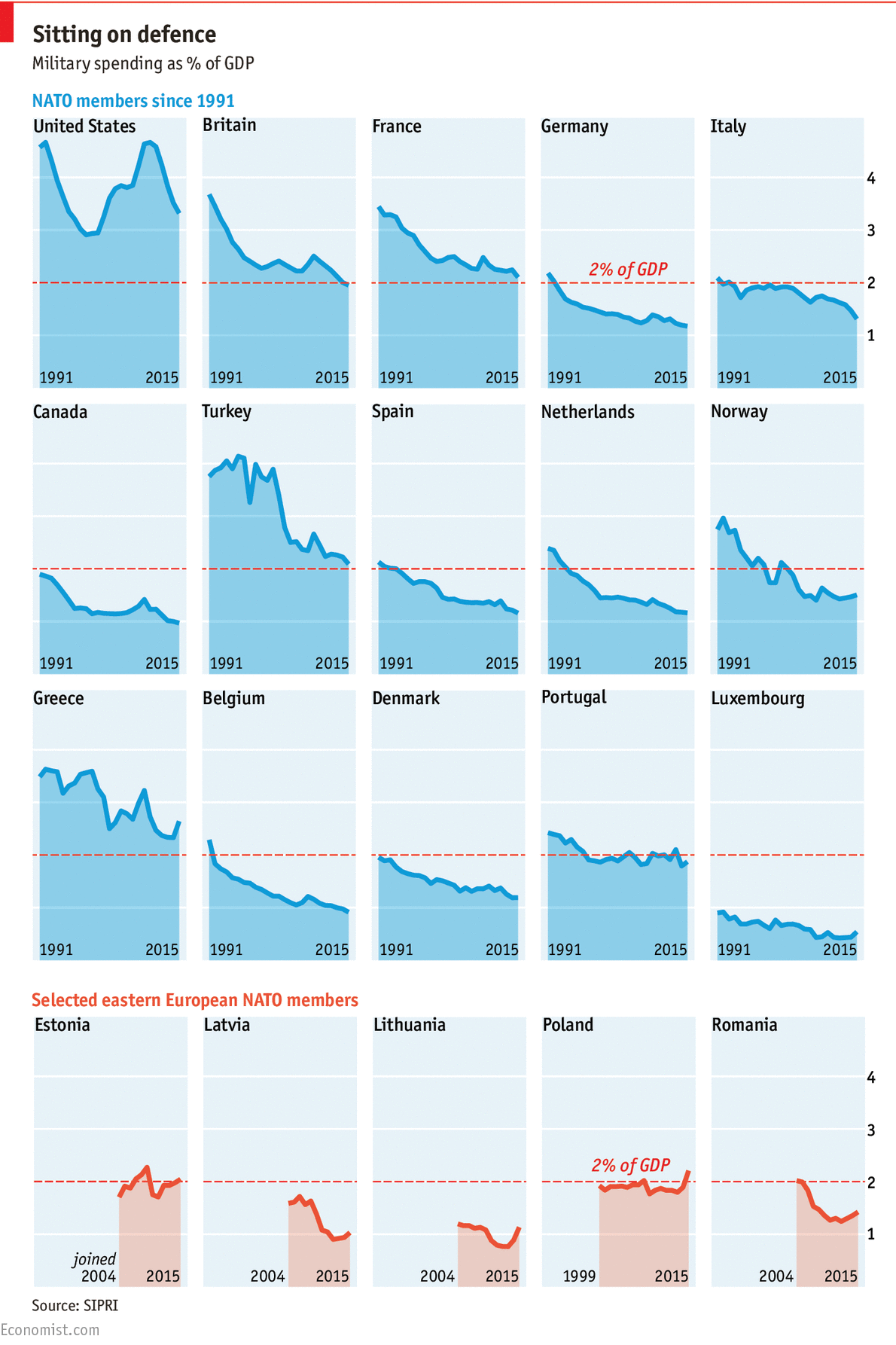Economic hardship is fertile soil for giving workers a bad deal. That is the thesis I developed reading Thaddius Howze's Medium article,
Feudalism and the "Algorithmic Economy". It touches on the concepts of automation and inequality in a sphere many of us are familiar with: the so-called "Sharing" or "On-Demand" economy. Salting to taste the dystopian conspiracy language present in the article, the piece has me thinking about the nature of the gig economy that has arisen in the wake of the recession, and how that relates to the willingness of people to work for lower wages in worse conditions than before.
A principle of Keynesian theory says that wages are sticky downwards, which leads to unemployment in bad economic times as workers are laid off as opposed to taking wage cuts. This was true in the Great Depression, and history repeated itself in the 1970s, 1980s, at the end of the dot-com bubble of the late 1990s, and yet again in 2009. But perhaps employers have found the answer? When your wage is outsourced to a computer algorithm that makes decisions based on demand surges and the overall supply of labor, falling wages are just "Economics 101" again. And when your contractors have no unions, no benefits, and only the most tenuous of threads tying them to the notion of employment, who are they to argue?
Howze makes the claim that this is the neo-Feudalism for the new economy. The workers of the algorithmic economy are the peasants of old, having their opportunity dictated to them by the lords of the algorithm. This assessment bares striking resemblance to Chapter 8 of Robert Gordon's book. The gig economy's lack of safety net, or even a reasonable guarantee of work, for tiny wages that may not even cover the cost of employment is similar to the exploitative industrial work of the Gilded Age. While the nominal disutility of work may not be the same, the implication is as clear as the parallels I see in the rise of populism in Europe and North America.
Labor needs food, shelter, and clothing, and when economic times threaten the base of the needs pyramid, people are willing to accept a worse deal for their work. Rather than endemic unemployment, the post-recession world has opted for endemic underemployment and worsening working conditions. Do you think the gig economy is fundamentally exploitative, taking advantage of an economic downturn to give labor a raw deal? And baring in mind the trend of the U.S. government toward deregulation and supply-side policy, do you think we are staring at a new Gilded Age?
















